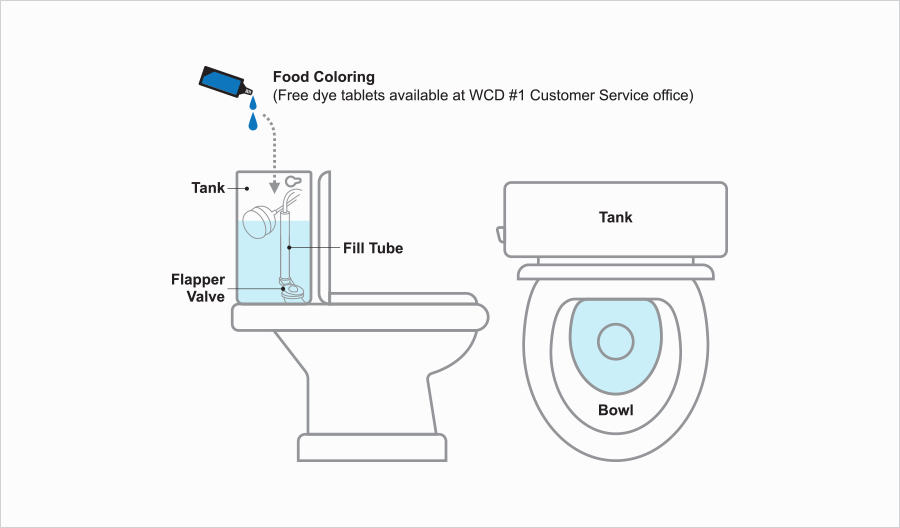
Plumbing problems are a common homeowner’s headache, potentially leading to costly repairs and inconvenience. This thorough guide will delve into various plumbing issues, from stubborn leaks to drain clogs, offering practical solutions for fixing them and improving your home’s overall functionality. We’ll cover everything from DIY fixes to professional interventions. This article will also highlight the importance of preventative maintenance to avoid costly problems later. We’ll guide you through common plumbing problems, offer DIY solutions, and emphasize the importance of expert assistance when necessary. This guide will cover the spectrum of plumbing issues, from determineing the cause of a leak to understanding the importance of maintenance for optimal performance.
determineing Common Plumbing Problems
Understanding the Signs of Leaks
Plumbing leaks, often insidious, can lead to significant water damage and costly repairs if not addressed promptly. determineing the source of a leak is often the first and most critical step to a achievementful repair. Common signs of leaks include a persistently high water bill, unusual dampness on walls or ceilings, and an unusually wet or soggy floor beneath your home. A dripping sound might also be a telltale sign. It’s essential to act quickly on any sign. Understanding where the water is coming from is fundamental in finding the right solution.
Diagnosing Drainage Issues
Drainage problems manifest in several ways, from slow drains in sinks and showers to backed-up toilets. These problems can arise from a variety of sources, including clogs, improper drainage slopes, or even tree roots invading pipes. A slow draining bathtub could be from mineral deposits or hair build-up, but a clogged drain may need more intensive intervention. Diagnosing the root cause is key to fixing the issue, as addressing a mineral deposit problem will be varied from fixing a clog.
Repairing Leaks and Clogs
Related Post : The Guilt of Overlooking Details: Responsible Practices in Home Resale
Fixing Common Leaks
One common plumbing problem is a leaky faucet. A leaky faucet might seem like a minor issue, but it can waste gallons of water and boost your water bill. Understanding how to fix a leaky faucet is essential. There are several DIY options available, ranging from simple washer replacement to more complex repairs. Don’t underestimate the power of a well-placed wrench. Another prevalent issue involves leaking pipes. A leak in a pipe, whether it’s a water line or a provide line, can be fixed through various approaches. The right approach depends greatly on the location and severity of the leak, with some requiring professional assistance.
Addressing Drainage Issues
Clogged drains can cause major disruption to everyday life. A thorough cleaning with a drain snake is often sufficient. Use caution and follow the manufacturer’s instructions for the snake. Other methods include using chemical drain cleaners to clear blockages. Keep in mind that chemical drain cleaners are not always effective or safe, and may not work for all types of blockages. Consider professional intervention if these home remedies prove ineffective or unsafe.
Preventative Maintenance Strategies
Regular Inspection and Maintenance
Regular plumbing maintenance is vital to preventing problems. Inspecting pipes and fixtures regularly helps you catch potential problems before they escalate. Inspecting faucets and showerheads for signs of wear and tear can prevent leaks. Regular maintenance can save you from costly repairs and emergencies. A checklist can be helpful for reminders. Routine checks can help determine if any repairs are needed before problems arise.
Understanding Water application
Monitoring water application helps determine potential leaks. A sudden boost in water bills can be a warning sign. Water conservation efforts, such as fixing leaky faucets, can greatly reduce your water bill. Implementing water-saving practices reduces consumption and prevents undue strain on your plumbing system.
Seeking Professional Help
When to Call a Plumber
Some plumbing problems are optimal left to qualified professionals. Complex repairs, structural damage, or suspected issues with your main water lines are examples of times when a professional plumber is essential. If you have a plumbing emergency, call a professional immediately. Plumbing emergencies often involve structural damage or substantial water loss, requiring experienced plumbers.
In conclusion, tackling plumbing problems like leaks is crucial for maintaining a functional and healthy home. By understanding the common causes, employing effective repair strategies, and prioritizing preventative measures, homeowners can significantly improve their plumbing systems’ longevity and overall functionality. Remember to consult a professional plumber if you’re unsure about any repairs. A proactive approach to plumbing maintenance is a key step toward avoiding costly repairs down the road, thereby enhancing the value and enjoyment of your home. Contact us today for a complimentary quote or schedule a consultation.